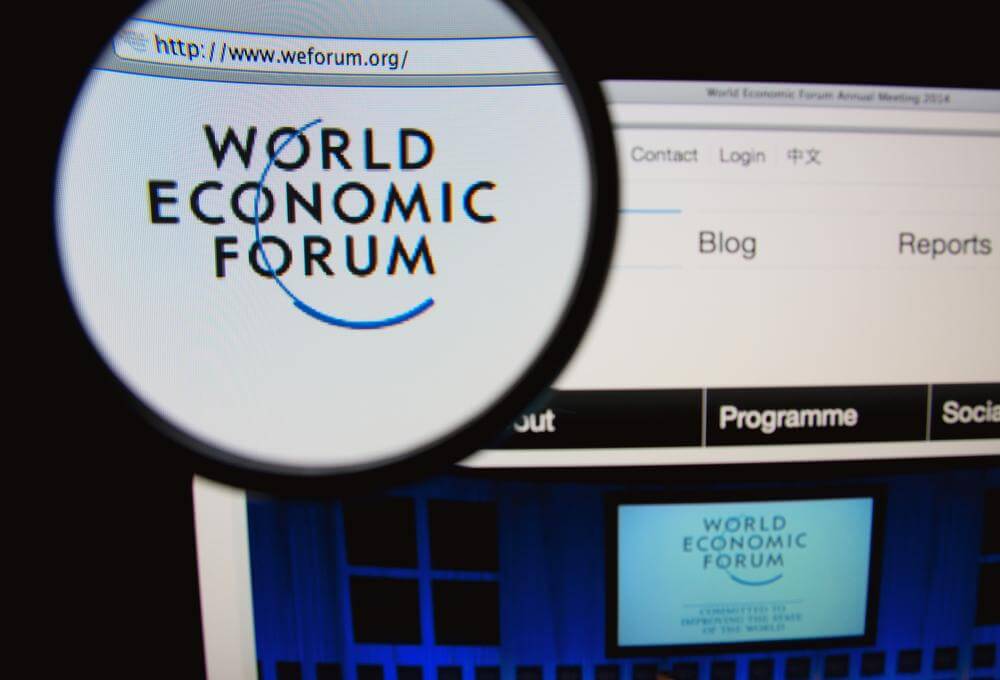How deeper and broader relationships can help private banking to thrive in the changing world of financial services
Alex Cheatle, Ten Lifestyle Group, CEO
Private banking in the modern financial services world must continue to engage with its customers by giving them a unique, human experience. But in the information age what does that look like? How do banks make sure they don’t become commoditised in the eyes of their clients? How do they build human relationships as powerful as those created by the great private bankers of the past?
First of all, recognising that customers are not a collection of product buying decisions; not just the person who buys credit cards, invests in the stock market and has a mortgage is crucial. They are individuals that do not relate to their financial services on a product by product basis, nor do they relate to their bank on a product by product basis, unless the relationship is already commoditised. Rather, the uniqueness of each customer means that banks can take a holistic approach, wider than financial services alone, as to how they view and how they treat their clients and their propositions.
Building trust in the information age
In the debate around the state of private banking in the modern world of financial services, some seem to be foreseeing the decline of personalised private banking as we know it. However, in reality, the modern era provides excellent opportunities for private banking that it often shied away from in the past. When many private banks’ unique selling point was secrecy their ability to be wide-ranging about helping their clients was a practical impossibility, given that this made the client relationship with the bank more public and porous. Now, that this has changed, and secrecy is less central to the proposition for most banks, financial organisations are able to offer a wider range of services to their customers that they would have in the past.
One of the main advantages private banks enjoyed was the consistent and immediate human connection, created when the traditional private banker would engage with the client and their family on a personal basis. This created a recognisable connection for clients to their bank and the brand as individuals. Today, when information about banking and investment products and transactional services are just a tap away, people can end up talking to their private banker less and less. The challenge for banks is to find a way to maintain the personalised touch that was previously provided by regular and direct interaction. This can be done in ways that keeps the client interested, and that creates a new way for them to talk to and about their bank, and for their bank to build a trusted relationship with them.
As CEO of the leading lifestyle concierge service that works with HSBC, Coutts and several other leading private banks around the world, I have seen the extraordinary impact that offering non-financial services, both digitally and high-touch, can have on the commercials of private banks and wealth managers.
Being able to be more than just a bank and adding value to client’s lives in the moments that matter most to them creates a deeper emotional engagement that builds the advocacy and the trust that drives the most important commercial metrics from assets under management to client acquisition and retention – and even helps manage difficult ’next generation’ challenges.
How do you take banking out of the bank and into a social, non-financial setting?
As humans we don’t tend to talk a great deal about our financial services. Most of us can’t remember when anyone they know asked about mortgages or wanted to discuss who their investment advisor was – it’s just not what we do. What we do talk about are our social events with family and friends. This is where private banking can make headway and create vital personal relationships and advocacy.
Put simply, if I take my friends out for dinner at a restaurant for their birthday and it is a restaurant notoriously difficult to get a table at, my friends will ask me how I got it. Or, if I am able to get tickets for my daughter and her friends to see a concert, and the tickets are being sold at astronomical prices, but I can get them at face value, their parents will ask how I did it. In response, I will say it was thanks to the service offered to me by my bank. This creates advocacy amongst my peers, friends and family.
By creating a relationship where the bank knows me well enough to give me this kind of benefit, these services give me invaluable personal and social credit. As a client, I feel happy that I have been listened to by my bank, my trust in them grows because they have been able to get me exactly what I was asking for and I feel proud for being able to provide and share these experiences with my family, friends and colleagues. So, subconsciously I will be advocating for and creating a deeper bond with my bank.
In this way the bank is able to create a trusting relationship with its clients and the client is happy to advocate for the quality of the bank. It has also been shown that a bank that is able to organise a client’s private and social life becomes more trusted in the financial realm too. This leads to growth in assets under management, higher advocacy for the bank and an increase in client retention for the bank, even through the generations.
Forging emotional bonds through to the next generation
A well-known challenge for private banking in the modern world of financial services is the next generation wealth transfer. This is obviously not a new phenomenon. The next generation have often seen the previous private banker or wealth manager as traditionally Mum or Dad’s bank. Typically, a relationship will pass on to the next generation who have never felt the individual advisor was their banker, there was no emotional connection to them or to the bank and they felt under invested personally in the relationship. By using the information that has been collected about lifestyle services and non-financial benefits provided to the next generations in the family, banks are able to understand the next generation better. The next generation can also be invited to use the banks lifestyle service before they become the main financial decision maker. This builds an emotional connection to the brand, which leads to the next generation being much more likely to stay with the bank.
Though the modern world of financial services is changing for private banking the opportunities are there to be taken advantage of. By using a holistic approach banks can maintain the human and emotional relationship that has always been vital. And, with the modern era of personalised banking and information sharing there is even more opportunity to find out about the next generation and build the brand through them.
For further information about Ten Lifestyle Group Plc, please go to: https://www.tengroup.com/.


























